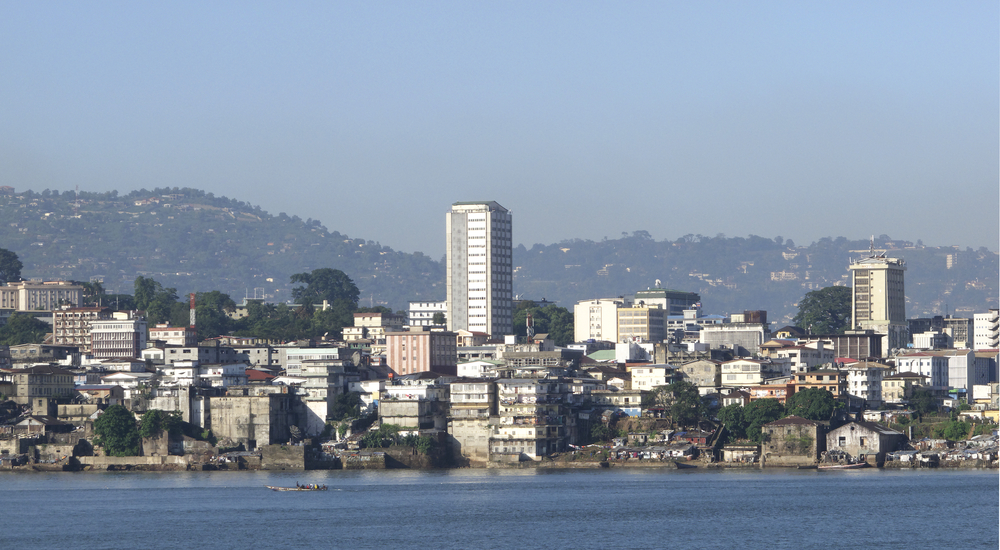Breaking
Sierra Leone makes hiding ebola patients illegal
FREETOWN, Sierra Leone — Sierra Leone has passed a new law imposing possible jail time for anyone caught hiding an Ebola patient – a common practice that the World Health Organization believes has contributed to a major underestimation of the current outbreak.
The new law, passed Friday, imposes prison terms of up to two years for violators, said lawmaker Ansumana Jaiah Kaikai. It now goes for presidential approval.
He said the measure was necessary to compel residents to cooperate with government officials, noting that some residents had resisted steps to combat Ebola and build isolation centers in their communities.
A total of 2,615 infections and 1,427 deaths have been recorded in the Ebola outbreak now hitting West Africa, according to figures released Friday by the World Health Organization. Sierra Leone has been hard-hit, with at least 910 cases and 392 deaths.
But these numbers don’t capture all Ebola cases because families hide patients, fearing high fatality rates and the stigma that comes with a positive diagnosis, the U.N. health agency said.
New treatment centers in Liberia are being overwhelmed by patients that had not been previously identified, suggesting an “invisible caseload” of patients that is going undetected, the agency said Friday.
Countries in the region and elsewhere in Africa have continued to impose travel restrictions, even though this hasn’t been recommended by the U.N. agency.
Ivory Coast announced late Friday it was closing its land borders with Guinea and Liberia. Gabon, Senegal, South Africa and Cameroon have all imposed border restrictions on some or all of the four countries with confirmed Ebola cases – Guinea, Liberia, Sierra Leone and Nigeria.
On Saturday, the Philippine government said it was recalling 115 peacekeepers from Liberia because of the health risks posed by Ebola.
Speaking Friday in parliament, Sierra Leone majority leader Ibrahim Bundu accused developed countries of being slow to respond to the Ebola crisis. He said Sierra Leone had suffered “abandonment and isolation from those we viewed to be our biggest friends.”
“These ugly developments are evidenced in the cancellations of flights, closing of borders, reduction of operational hours of banks and further isolation by shutting down businesses at the time of greatest need,” he said.
Bundu said lawmakers would soon review the country’s partnerships “to form a permanent record of who our true friends are.”
The United Kingdom confirmed Saturday that a British national living in Sierra Leone had tested positive for Ebola. The patient is the first confirmed British citizen to become infected.
“The overall risk to the public in the UK continues to be very low,” said John Watson, deputy chief medical officer.
“Medical experts are currently assessing the situation in Sierra Leone to ensure that appropriate care is provided.”
In Liberia on Saturday, hundreds of people lined up outside the capital’s largest slum to bring food to relatives stuck inside after officials slapped a blockade on it this week.
The slum, West Point, is home to at least 50,000 people. The government says the blockade is necessary to prevent the spread of Ebola but residents are worried about food shortages. They say rice distributed by the government has been insufficient and of poor quality.
Information Minister Lewis Brown said food would continue to be distributed in West Point on Sunday.
Associated Press writers Marc-Andre Boisvert in Abidjan, Ivory Coast and Jonathan Paye-Layleh in Monrovia, Liberia contributed reporting.






















